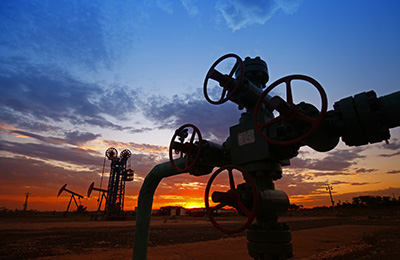Shoring up the global carbon capture and sequestration (CCS) enterprise

Project Description
Most deep decarbonisation scenarios that limit global average temperature rise to 2 degrees Celsius or less involve rapid growth and widespread deployment of carbon capture and storage technologies (CCS), to mitigate emissions from thermal power generation, industrial processes and biofuels production during the next few decades, and/or to deliver negative emissions in the second half of the century.
Our research considers two key investment barriers to the rapid and widespread deployment of CCS, which have the potential to severely constrain the rate of growth and ultimate scale of CCS deployment. The most serious of these are related to CO2 storage capacity uncertainty and the binary-risk nature of large, pre-investment capital requirements for industrial-scale CCS projects. These, along with limitations in the industrial and institutional capacity needed to provide investment-ready confidence in CO2 storage capacity, could present intractable barriers to CCS investment, especially for regions which do not host a significant upstream oil and gas industrial ecosystem.
Researchers are assessing the potential scale, competitiveness, and impacts of a large-scale CO2 shipping and CO2 sequestration scheme. This would involve CO2 captured at its sources, in regions with limited storage potential (e.g. China and India), and transferred across borders by pipelines or supertankers to so-called CO2 super-regions (e.g. Middle East, Russia, Gulf of Mexico, etc.) to exploit geological storage reserves characterized and operated by oil and gas companies.
Researchers
Chris Greig; Eric Larson; Sassan Hajirezaie